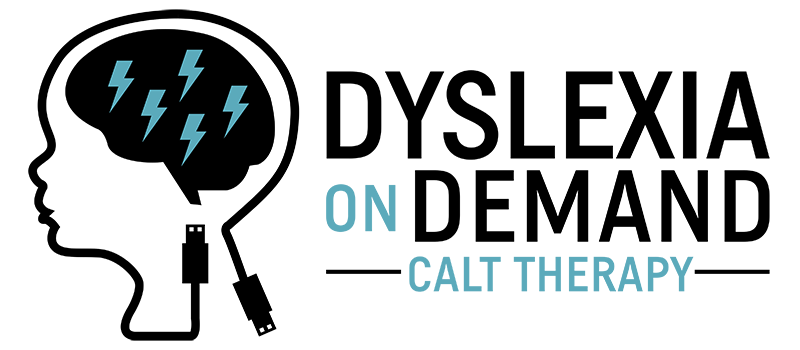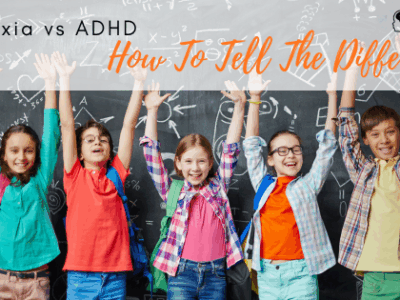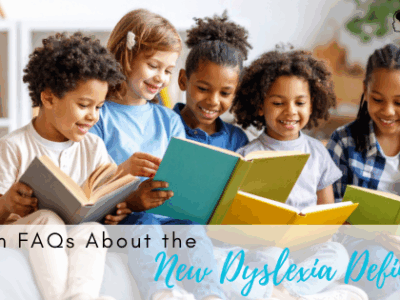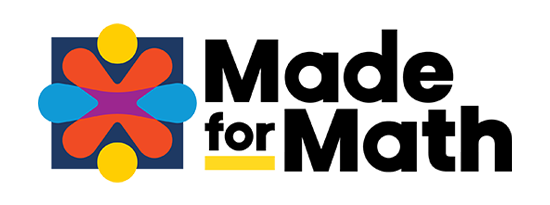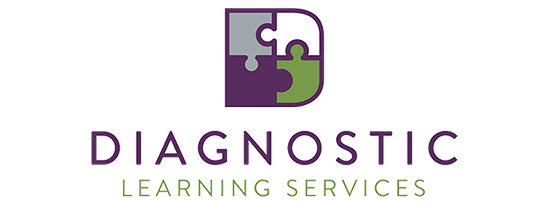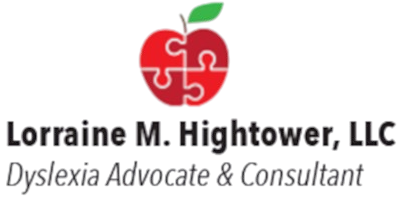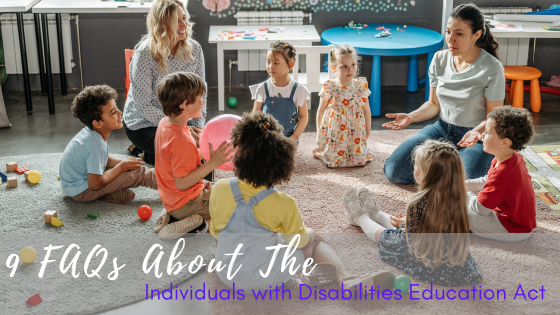
9 FAQs About The Individuals with Disabilities Education Act
The education of children is something that impacts everyone’s future. In the United States the educational system is aimed at providing children with foundations to become successful adults in our society. In many ways, education is preparing children for future employment and independent living. If you consider the power that childhood education has on the future, then the education of all children should be something that is prioritized and valued.
One way that the U.S. has focused on education for all populations of students is through the Individuals with Disabilities Education Act (IDEA), a federal law that supports special education and related services for children and young people with disabilities. Getting the right kind of educational help for students with disabilities is so important. Read on to learn the answers to 9 FAQs about the Individuals with Disabilities Education Act.
- How long has IDEA been in place? IDEA has taken on different forms in the last few decades. In 1975, the law was originally enacted by Congress as the Education of Handicapped Children Act. There have been many revisions to the law since then. Changes were made in 1990, and the name became IDEA. In subsequent years—1997, 2004, 2006, 2011, and 2015—IDEA saw more amendments that focused on ensuring equal access to education for children of all abilities.
- What is the goal of the Individuals with Disabilities Education Act? As federal legislation, IDEA has been created in order to ensure that children with disabilities receive free, appropriate public education in the least restrictive environment. This means that children with an identified disability must get special education and services that address their specific needs. The rights to this special education are protected under IDEA.
- What is the evaluation process like for students to qualify for services under IDEA? Schools are required to do evaluations of students who are suspected of having a disability. This process will usually include school staff and teachers. IDEA specifies that these should be appropriate evaluations conducted by professional evaluators with quality materials and procedures. The process is to be focused on plans for the future education of the student; the end goal is for evaluators to complete the evaluations in a timely manner with clear recommendations for services. If the school is not suggesting an evaluation, parents should know that it is their right to request a comprehensive evaluation.
- What kinds of disabilities and services are covered under IDEA? IDEA governs the way that states and public agencies provide early intervention, special education, and additional services to millions of infants, toddlers, and children with disabilities from ages 3 to about 21. Some of the disabilities covered include autism, deafness or hearing impairment, speech and language impairment, visual impairment or blindness, emotional disability, intellectual disability, orthopedic impairment, traumatic brain injury, specific learning disability, and other health impairments. There are 13 eligibility categories under IDEA.
- Is dyslexia included in IDEA? Yes! Dyslexia is a specific learning disability that impacts a student’s learning experience in the classroom. A student’s skills in things like decoding, accuracy, fluency, spelling, and writing can be affected by dyslexia.
- What kind of accommodations are covered for dyslexia under the Individuals with Disabilities Education Act? Some common classroom accommodations for a child with dyslexia include specific instructional supports, use of technology such as speech-to-text apps, text-to-speech apps, or audiobooks, modifications like extra time for reading, writing, and tests or the use of large print text, and provision or organizers or other audio or visual supports. These accommodations should be individual to the needs of the child.
- Are parents part of the IDEA plans for students with learning disabilities? In the process of IDEA evaluation and implementation of learning plans, parents play the important role of advocate. Sometimes, parents may need to help with moving the process along by alerting the school to academic concerns or struggles for their child. Parents have a right to be part of their children’s education, according to IDEA; they’re key participants in the decision-making process for their students’ learning plans.
- Has IDEA been successful? The Department of Education reports that since 1975, there has been major progress in the development and implementation of effective programs and services for special education. There has been a shift to focus on inclusion rather than exclusion when it comes to special education in U.S. classrooms. In the 2020-21 school year, it is reported that more than 7.5 million children with disabilities received services for special education. Still, there tends to be gaps in education for students with special needs.
- Are IDEA accommodations enough for students with dyslexia? While it can be beneficial for students with dyslexia to have accommodations made in their general education classrooms, it can be even better to supplement their education with additional support like dyslexia therapy.
Reach out to Dyslexia on Demand. Every child deserves the chance to become an academically successful lifelong learner. All children are capable of improving their language skills, and we have the data to prove it. The mission of Dyslexia on Demand is to make dyslexia therapy accessible to all students. To learn more about our comprehensive dyslexia solution, call 888-292-3906.
